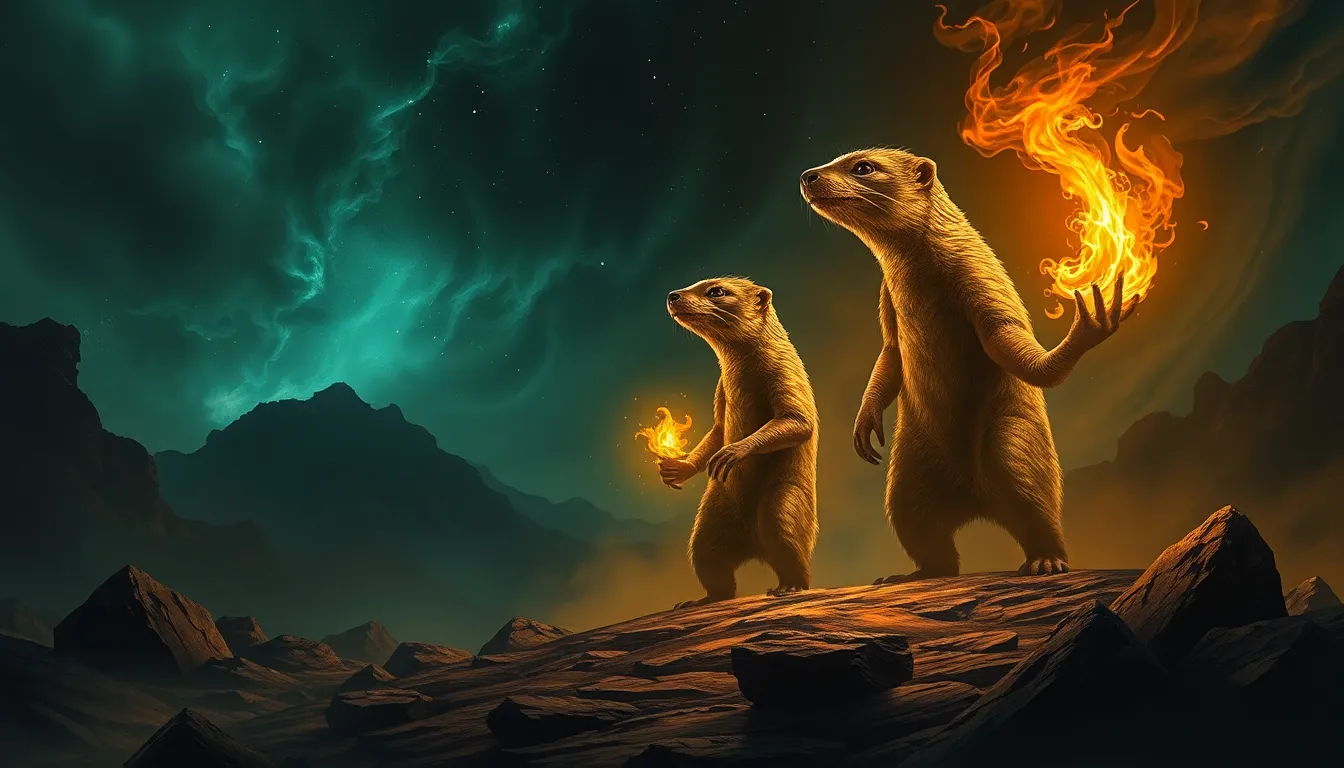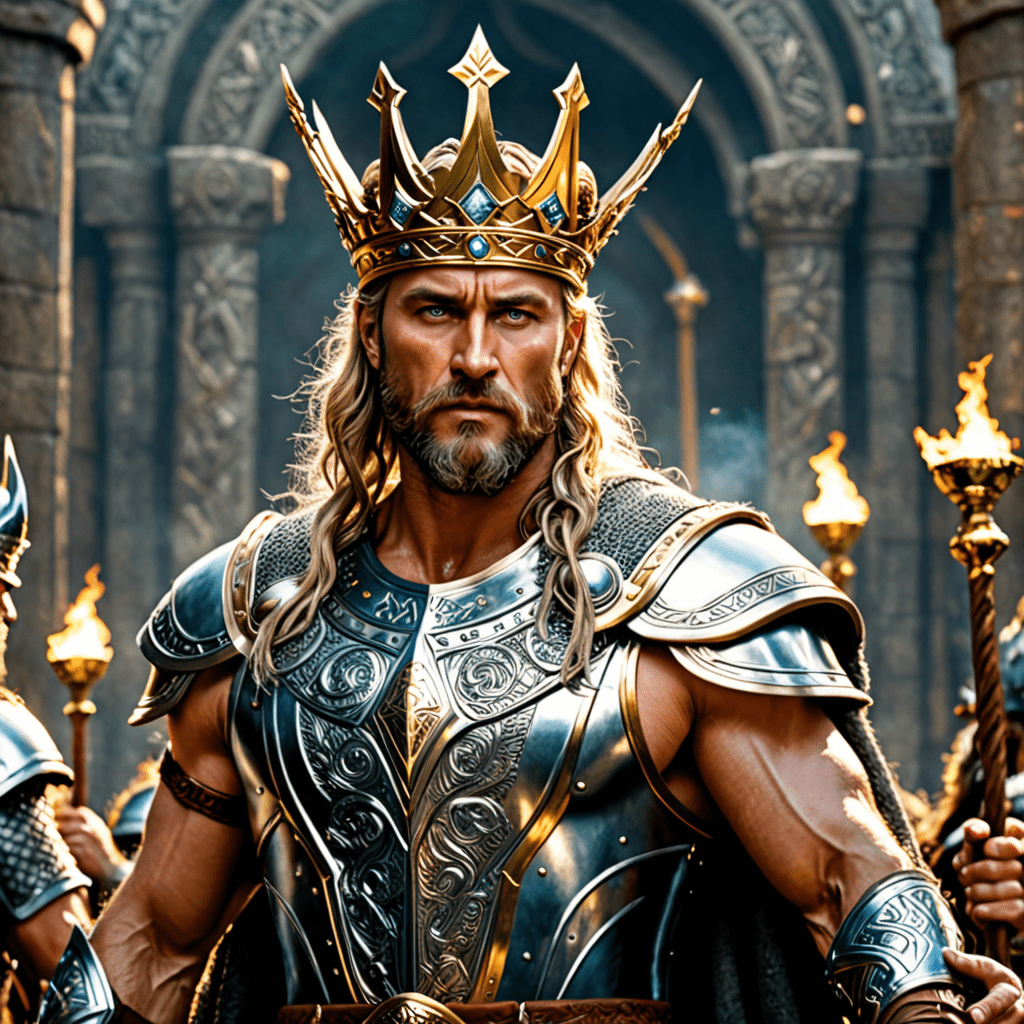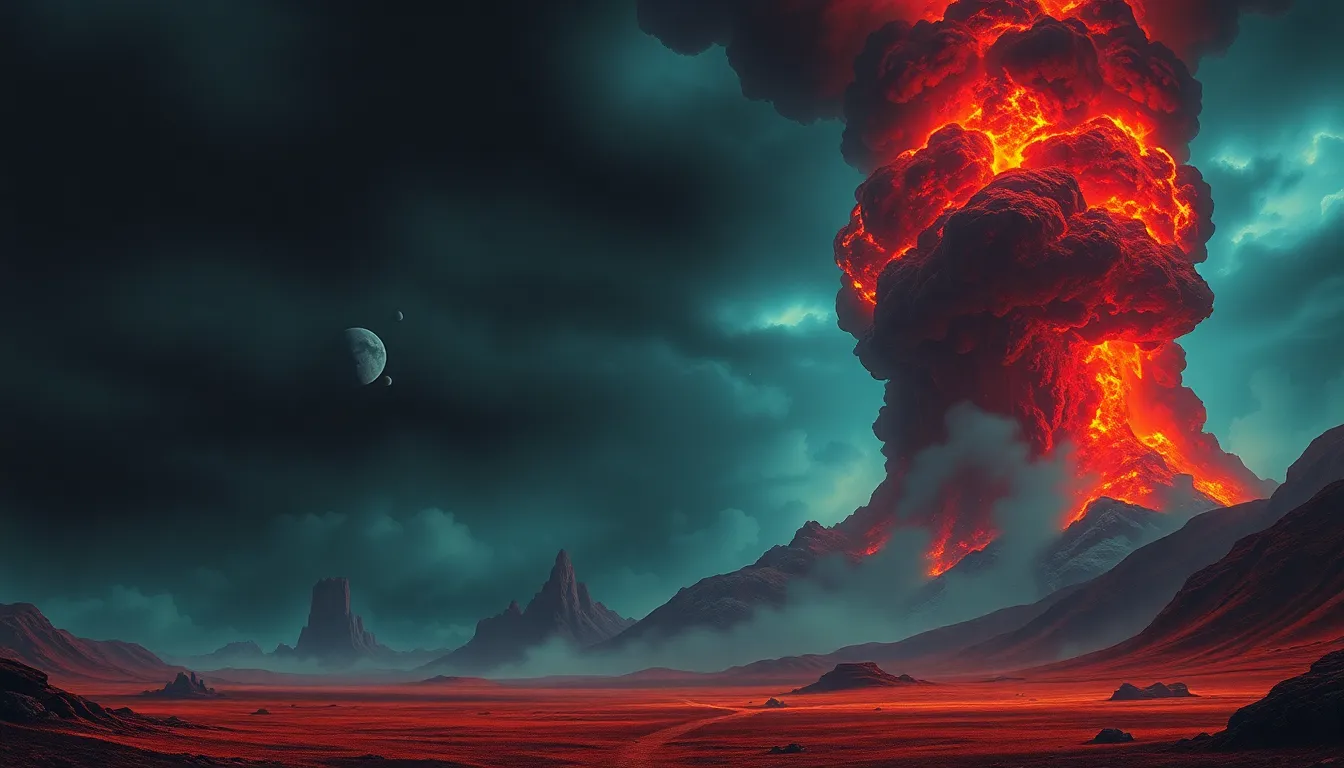Cultural Hero Myths: The Stories That Transcend Time
I. Introduction
Cultural hero myths are narratives that portray individuals who embody the ideals and values of a society. These myths can include gods, historical figures, and even fictional characters who perform extraordinary feats, often against overwhelming odds. They serve as a reflection of a culture’s beliefs, desires, and moral frameworks.
The importance of hero myths in human history lies in their ability to inspire, educate, and unify communities. They often provide frameworks for understanding complex social issues and personal challenges. This article will explore the nature of hero myths, their historical context, archetypes, geographical variations, and their modern adaptations, as well as critiques and the future of these enduring narratives.
II. The Nature of Hero Myths
Hero myths share several characteristics across cultures, including:
- Extraordinary Abilities: Heroes often possess physical strength, intelligence, or other exceptional traits.
- Quest or Journey: Many hero narratives involve a quest that leads to personal transformation or the betterment of society.
- Conflict: Heroes typically face significant challenges, including antagonists or natural obstacles.
Common themes and motifs in hero narratives include:
- The hero’s journey and transformation.
- The struggle between good and evil.
- The sacrifice for a greater good.
Psychologically, hero myths serve various functions, such as providing role models and offering frameworks for moral decision-making. Socially, they help to reinforce community values and encourage social cohesion.
III. Historical Context of Hero Myths
The origins of hero myths can be traced back to ancient civilizations, where they often emerged as part of oral traditions. For instance, the epics of Gilgamesh in Mesopotamia and the tales of Hercules in Greek mythology illustrate early examples of hero narratives.
Throughout history, these myths have evolved, adapting to cultural shifts and historical events. For example, during the Renaissance, classical hero myths were revived and reinterpreted through a humanistic lens, leading to new understandings of heroism.
Historical events, such as wars or social upheavals, have significantly influenced the shaping of hero myths. For instance, the American Revolution gave rise to figures like George Washington, who became emblematic of heroism in the context of liberty and national identity.
IV. Archetypes of Heroism
Heroism can be categorized into several archetypes:
A. The Classic Hero
Classic heroes like Achilles and King Arthur exemplify the traditional hero archetype, characterized by bravery, nobility, and a sense of duty.
B. Anti-Heroes
Anti-heroes, such as Holden Caulfield from “The Catcher in the Rye,” subvert traditional notions of heroism. They often display flaws and complex motivations that challenge conventional morality.
C. Everyday Heroes
Everyday heroes highlight ordinary individuals who perform acts of courage and kindness, such as first responders or community leaders. These narratives celebrate the heroism found in daily life.
V. Geographical Variations in Hero Myths
Hero myths can vary significantly across different geographical regions:
A. Hero Myths from Various Continents
- Africa: The story of Anansi the Spider teaches moral lessons through cleverness and wit.
- Asia: In India, the epic of the Ramayana presents Rama as a hero of virtue and righteousness.
- Europe: The Norse sagas feature heroes like Beowulf, who embodies the warrior ethos.
- The Americas: Native American legends often include trickster figures who challenge societal norms.
B. Cultural Adaptations of Similar Hero Myths
Many cultures have developed adaptations of similar hero myths, showcasing their unique values and traditions. For example, the figure of the trickster appears in various cultures, from Hermes in Greek mythology to Coyote in Native American tales.
C. Case Studies of Regional Hero Myths
Prominent examples include:
- Hercules: A symbol of strength in Greek mythology, representing the struggle against adversity.
- Odysseus: His cunning and resilience during his long journey home illustrate the complexities of heroism.
- Gilgamesh: One of the earliest heroes, his epic explores themes of friendship, mortality, and the quest for immortality.
VI. The Role of Mythology in Shaping Identity
Hero myths play a crucial role in contributing to cultural identity. They embody the values and ideals that a community holds dear, serving as a touchstone for cultural heritage.
Furthermore, these myths can influence national narratives and pride. For example, the stories of national heroes often become foundational myths that unite people and foster a sense of belonging.
Moreover, myths act as tools for social cohesion, providing moral frameworks that guide behavior and encourage communal values.
VII. The Modern Adaptation of Hero Myths
In contemporary society, hero myths have found new expressions in literature and media. Films, books, and video games often reinterpret classic hero narratives for modern audiences.
The influence of technology has also impacted the evolution of hero myths, with digital platforms allowing for new storytelling methods and the sharing of diverse heroic narratives.
Modern heroes, particularly in popular culture, often take the form of superheroes. Characters like Spider-Man and Wonder Woman reflect contemporary values while also addressing complex social issues.
VIII. Critiques and Reevaluations of Hero Myths
Recent critiques have focused on deconstructing traditional hero narratives, questioning the implications of glorifying certain figures while overlooking others.
The impact of gender and race on perceptions of heroism has led to a reevaluation of who is depicted as a hero. Marginalized voices are increasingly being recognized and celebrated in contemporary narratives.
Ethical considerations also come into play in the portrayal of hero myths. Stories that promote violence or reinforce stereotypes are being challenged, leading to more nuanced representations of heroism.
IX. The Future of Hero Myths
As we move further into the 21st century, the evolution of hero myths is likely to continue. Global interconnectedness allows for the blending of narratives and the emergence of new heroes that address contemporary issues such as climate change, social justice, and technological advancement.
New cultural heroes may arise from movements advocating for equality and rights, reflecting the values and challenges of our times.
X. Conclusion
The enduring power of cultural hero myths is a testament to their significance in human society. They not only inspire individuals but also shape collective identities and values. As we engage with these narratives, it is important to appreciate their complexity and the diverse perspectives they offer.
In recognizing the impact of hero myths, we can cultivate a deeper understanding of ourselves and the world around us, fostering a culture that values both traditional and contemporary expressions of heroism.




